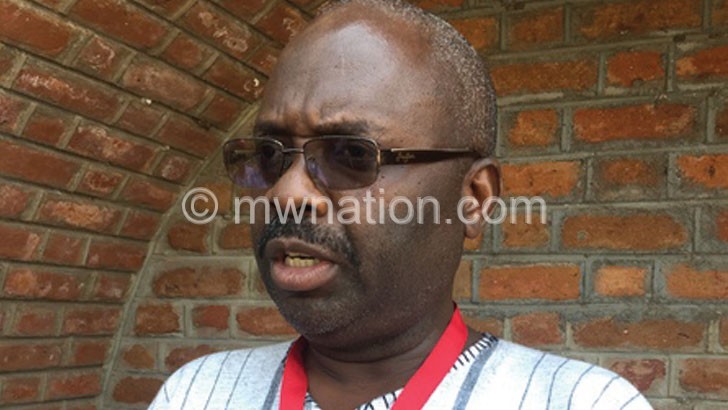ICAM meet discusses Evils of corruption
Corruption in Malawi is fast eroding the fabric of the country’s development while at the same time undermining and perpetuating poverty and unemployment levels.
This was the general view of panellists during a discusion—titled State of Governance and Accountability in the Public Sector, Financial Services Sector and Sustainable Development Considerations Thereto—during the 2016 Institute of Chartered Accountants in Malawi (Icam) Annual Lake Conference on Friday in Mangochi.
Global corruption watchdog Transparency International’s (TI) Corruption Perceptions Index (CPI) shows that Malawi scored 31 points out of 100 in 2015 and has averaged 32.5 points from 1998 to 2015, reaching an all-time high of 41 points in 1999 and a record low of 27 points in 2006.
The CPI ranks countries and territories based on how corrupt their public sector is perceived to be and its score indicates the perceived level of public sector corruption on a scale of zero (highly corrupt) to 100 (very clean).

What comes to the fore these days as the worst form of fraud and corruption is Cashgate—the plunder of taxpayers’ money at Capital Hill in Lilongwe exposed in September 2013—in which government officials and private sector companies connived to defraud government of billions of kwacha through the porous Integrated Financial Information System (Ifmis).
One of the panellists at the Icam conference, accountant general William Matambo, said they have now acquired new Ifmis platform and software and have institutionalised bank reconciliations.
“We have made a lot of changes to the system to improve on accountability.
“Leakages in Ifmis are man-made, this is pure theft and there is need to check ourselves,” he said.
Matambo said most government officials are enticed by the private sector to engage in corruption.
Delving into the issue, James Kamwachale Khomba, who is a professor of finance and corporate strategy at University of Malawi’s the Polytechnic in the Faculty of Commerce, described corruption as evil, which perpetuates underdevelopment.
He called for mandatory programmes on ethics and Umunthu, which he said can help to mitigate against the challenges of fraud and corruption.
“Our stick [to whip those in the wrong] is not thick enough. Our systems should have checks and balances,” he said.
John Suzi-Banda, president of the Malawi Law Society (MLS), said most of the professionals are complicit to the plunder of public resources actively or passively.
“We need to change and there are no two ways about it,” he said.
On his part, Grant Kabango, Reserve Bank of Malawi (RBM) deputy governor responsible for supervision of financial institutions, said the country has well functioning systems to ensure that corruption does not thrive.
“There are bad apples across and the issue of human intervention is key to Cashgate,” he observed, referring to Ifmis, which was subject to human interference.
The Icam conference ended on Saturday, with Henry Chowawa, financial controller at Limbe Leaf Tobacco Company elected as its president taking over from Chiwemi Chihana. n




